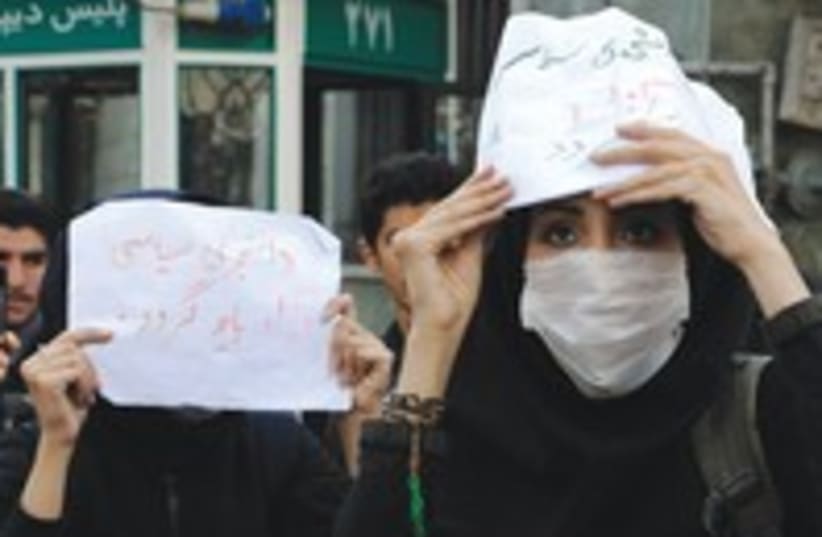Iranians connect to West through TV call-in program
Only minutes into the broadcast, it becomes clear that the regime’s chokehold on communication denies those of us in the West a full picture of life under Ayatollah Khamanei and Mahmoud Ahmadinejad.
